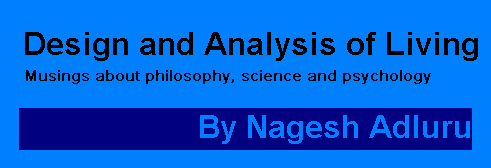Almost all successful people have these attitudes. It's a different story if they are aware of it or not. If they are aware (and expressive) then they can be useful to the society by more than just being successful. Since humans are social beings some attitudes come almost by default that let them survive. The more complex attitudes like interdependence are the key for higher levels of success (or I guess semantics of success change over time to indicate only higher level achievements:)).
I would like to discuss a bit about interdependence. Humans have a wonderful potential namely cooperation. To unleash it we need what I call detached interdependence. To learn that, we need to remember that we belong to the whole and at the same time we cannot have/gain absolute control of the whole. We have to do things in a detached style that is do things without worrying too much about results. For that ofcourse we need another attitude called security which again is our choice and is influenced by the system we are living in. We should axiomatize that we won't be unnecessarily insecure.
I would like to show how mindfulness helps.

This is a rough plot of success vs. time for two hypothetical students from two different scenarios.
The top curve is of a brilliant student with very productive environment (environment that drives attitudes by default). The bottom one is that of a brilliant student with not so productive environment. The thing to kept in mind to have a useful attitude is that the blue lines are (or could be made) equal in length. The slope in the bottom curve can be interpreted to be difficult and more enlightening probably because of its difficulty.
(Edited: April 21, 06)
